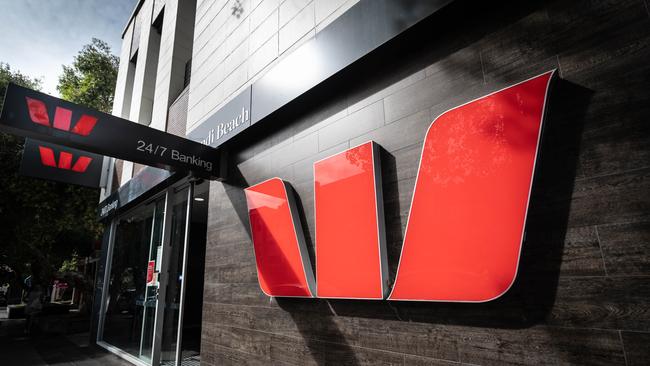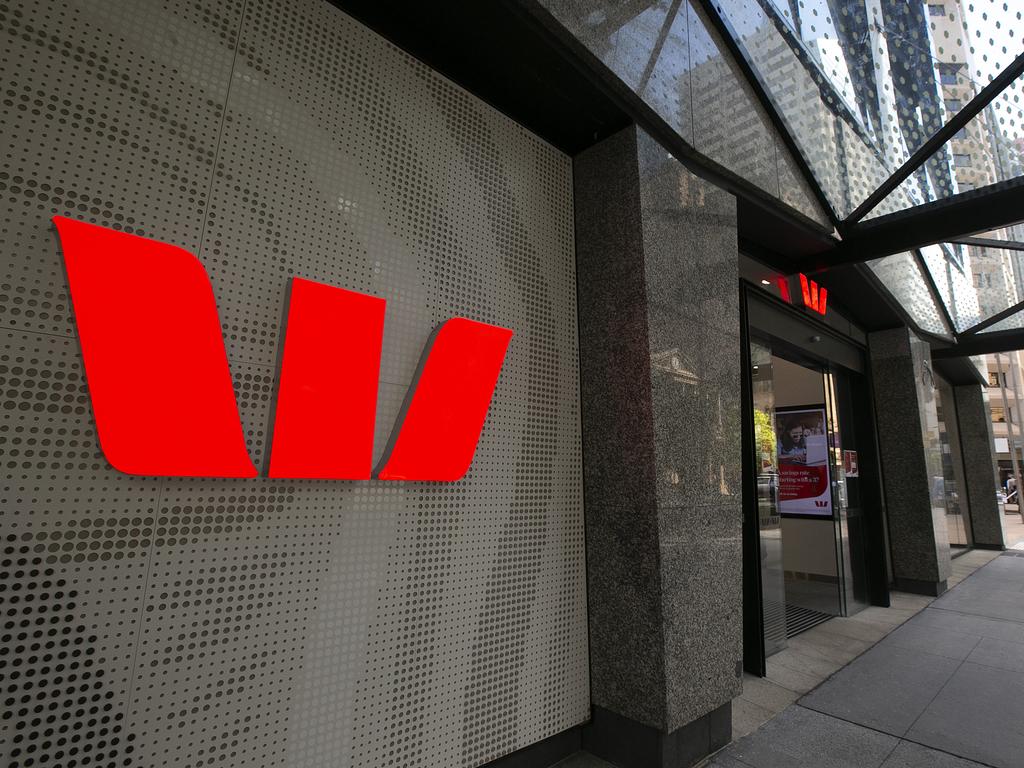Westpac culture weaknesses remain unaddressed: APRA
The prudential regulator has delivered a stinging rebuke to Westpac over its poor risk management.

The prudential regulator has delivered a stinging rebuke to Westpac over its poor risk management, saying in a court enforceable undertaking that the bank’s slow progress in remediating issues had allowed “new and significant prudential concerns to surface”.
In an excoriating nine-page EU, signed by Westpac chairman John McFarlane and chief executive Peter King, the Australian Prudential Regulation Authority said it was concerned about the nature and extent of weaknesses in the lender’s risk governance and the pace of rectification.
It said that the culture, governance and accountability program started by Westpac in January 2019 had only delivered “incremental” progress” and lacked momentum.
Westpac’s past attempts at remediation had also resulted in ongoing delays and, in some cases, a reset of programs.
One example was the CORE (customer outcomes and risk excellence) program, with the time frame for completion already blowing out by six months to September 2022.
Westpac acknowledged in the EU that the complexity and breadth of the remediation agenda posed “significant execution risks” that needed to be addressed.
APRA deputy chair John Lonsdale said the regulator’s concerns had been communicated directly to the bank’s board and senior management, with the message that a deep commitment to change was required at all levels of the organisation.
“As one of the country’s largest and most important financial institutions, Westpac should be a leader in risk management,” Mr Lonsdale said.
“Although the bank has made progress in some areas over the past year, it is not good enough.
“We continue to observe new prudential issues arising while longstanding weaknesses persist, and we believe Westpac’s governance, culture and accountability frameworks and practices are still in need of a substantial uplift.” APRA’s deep-seated concerns have arisen from the findings of its risk governance review of Westpac in response to millions of anti-money laundering charges brought by Austrac in November last year.
The bank’s problems have been compounded by new issues, including breaches of the liquidity prudential standard announced by APRA on Tuesday.
UBS said in a note that the EU once again highlighted the ongoing issues facing Westpac, and the sustained detrimental impact on the bank’s returns.
In the recent full-year result, Westpac’s underlying costs had risen 6 per cent, with risk and compliance expenditure continuing to accelerate from $278m in the 2016 financial year to $806m.
“This large spend, fixing risk and compliance problems, is crowding out other investment in technology, growth and productivity, which has fallen from $949m (in 2016) to $914m,” analyst Jon Mott said.
“While Westpac has flagged a three-year plan to address its cost base, we believe it will be challenging to substantially reduce its cost base while addressing its significant risk and compliance deficiencies without further compromising spend on technology or finally integrating St George, 12 years after it was acquired.”
Westpac said an integrated remediation plan would be submitted in writing to APRA within 90 days of the commencement of the enforceable undertaking.
The bank is likely to appoint Les Vance, group executive for financial crime, compliance and conduct, to develop the plan.
The EU specifies that the plan must incorporate all of Westpac’s risk management programs, obtain independent assurance over implementation, and assign accountabilities for its delivery to named executives and the board, with outcomes included in remuneration decisions.
An independent reviewer will also be employed to provide an update to APRA on the effectiveness of the plan within 15 business days from the end of each quarter until APRA agrees the necessary changes have been made.
In a statement to the ASX, Westpac CEO Peter King acknowledged APRA’s findings and said the bank was determined to complete risk remediation activities. “My top priority is to ensure the bank’s risk culture and management of risk meet the high standards expected of us.”
Mr Lonsdale said entering into an EU was a serious step, which indicated the severity of the situation faced by Westpac.







To join the conversation, please log in. Don't have an account? Register
Join the conversation, you are commenting as Logout